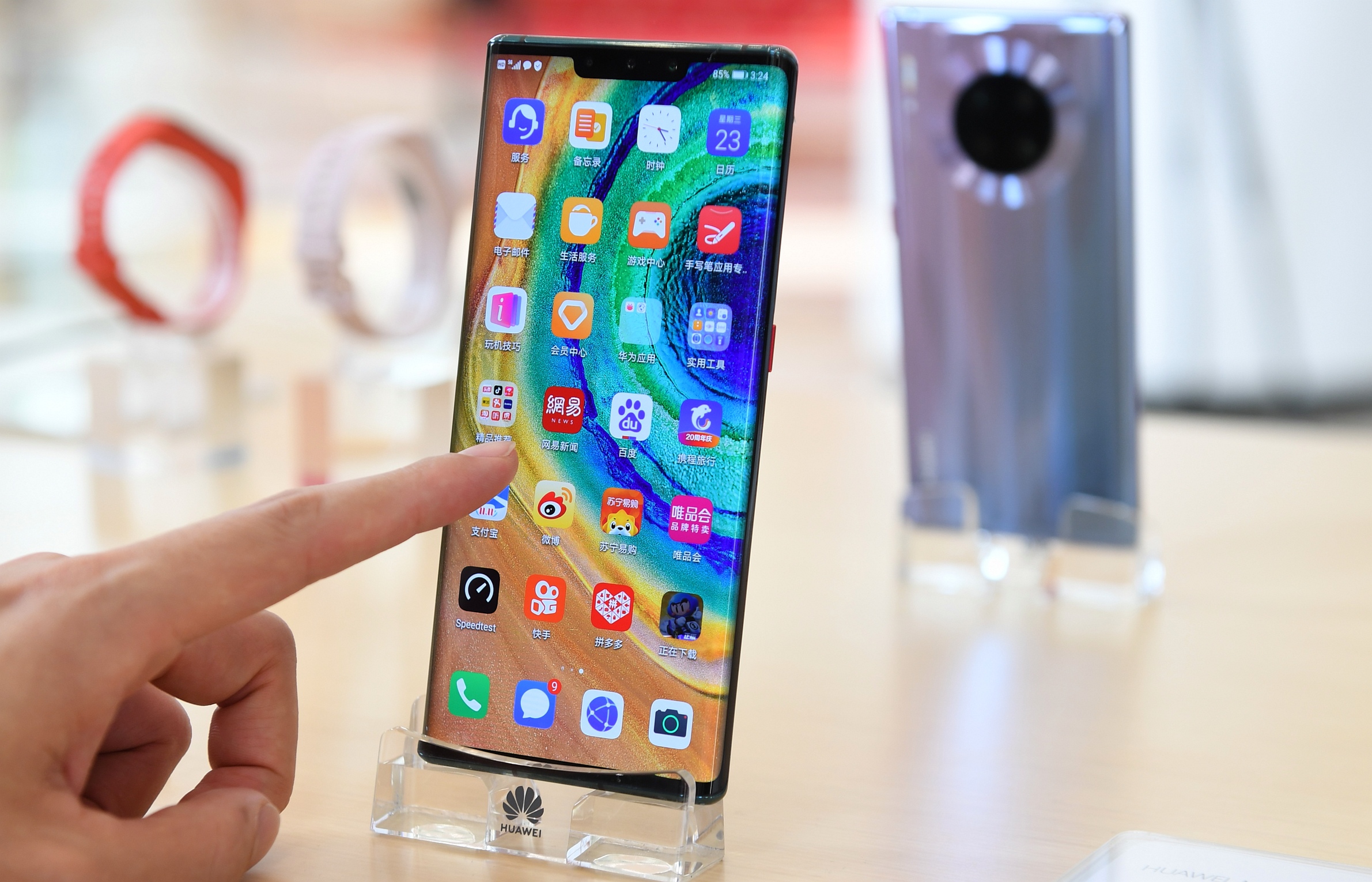
A huge slogan board stands in front of the U.S. Capitol building during a protest against government surveillance in Washington D.C., capital of the United Sates, on Oct. 26, 2013. (Xinhua/Fang Zhe)
The U.S. Central Intelligence Agency (CIA) hackers have spent more than a decade breaking into the Chinese airline industry, scientific institutions and other targets, according to a leading Chinese cybersecurity firm Qihoo 360.
"Due to the highly globalized nature of communication technology represented by the internet, large-scale electronic surveillance not only violates the human rights of its citizens, but also tramples on the human rights of people of other countries and their national sovereignty," said a senior Chinese diplomat.
GENEVA, March 5 (Xinhua) -- A senior Chinese diplomat on Thursday called on the United Nations to take practical measures to prevent certain countries from conducting large-scale electronic surveillance and personal data collection worldwide.
During the interactive dialogue with the UN Special Rapporteur on the right to privacy at the 43rd session of the Human Rights Council, Liu Hua, special representative for human rights of the Chinese Foreign Ministry, expressed serious concern over the large-scale electronic surveillance and personal data collection practices carried out by certain countries, as well as their actions that violated national sovereignty and human rights, especially the right to privacy.

Edward Snowden is seen on the screen during a live remote interview at CeBIT 2015, the world's top trade fair for information and communication technology, in Hanover, Germany, on March 18, 2015. (Xinhua/Zhang Fan)
The diplomat pointed out that illegal or arbitrary monitoring of people's communications and the collection of personal data not only constitute an invasion of privacy, but also affect people's right to freedom of speech, association and assembly, and the right to information.
"Due to the highly globalized nature of communication technology represented by the internet, large-scale electronic surveillance not only violates the human rights of its citizens, but also tramples on the human rights of people of other countries and their national sovereignty," she said, adding the practice also runs counter to the principles of respecting sovereignty and territorial integrity and non-interference as enshrined in the UN Charter.
The development of information technology makes information dissemination more convenient and faster, said Liu, noting that at the same time, the internet also provides a new platform for illegal and criminal acts, and poses new challenges to privacy rights protection.

A visitor experiences Huawei's 5G Mate30 Pro at a press conference in Shenzhen, south China's Guangdong Province, Oct. 23, 2019. (Xinhua/Mao Siqian)
The Chinese government attaches great importance to protecting the privacy of citizens, and has been committed to improving relevant laws and regulations, she said.
China's general provisions of the Civil Law, the Cybersecurity Law, the decision of the Standing Committee of the National People's Congress on strengthening online information protection and other laws and regulations have clearly stipulated the way to collect, use and protect personal information, Liu said.
Last year, the Cyberspace Administration of China formally issued a regulation on the protection of children's personal information online, the first specific legislation in China for online protection of children's personal information, Liu said, noting that the regulation helps protect children's legitimate rights and interests and creates a good online environment for children's healthy growth. ■



